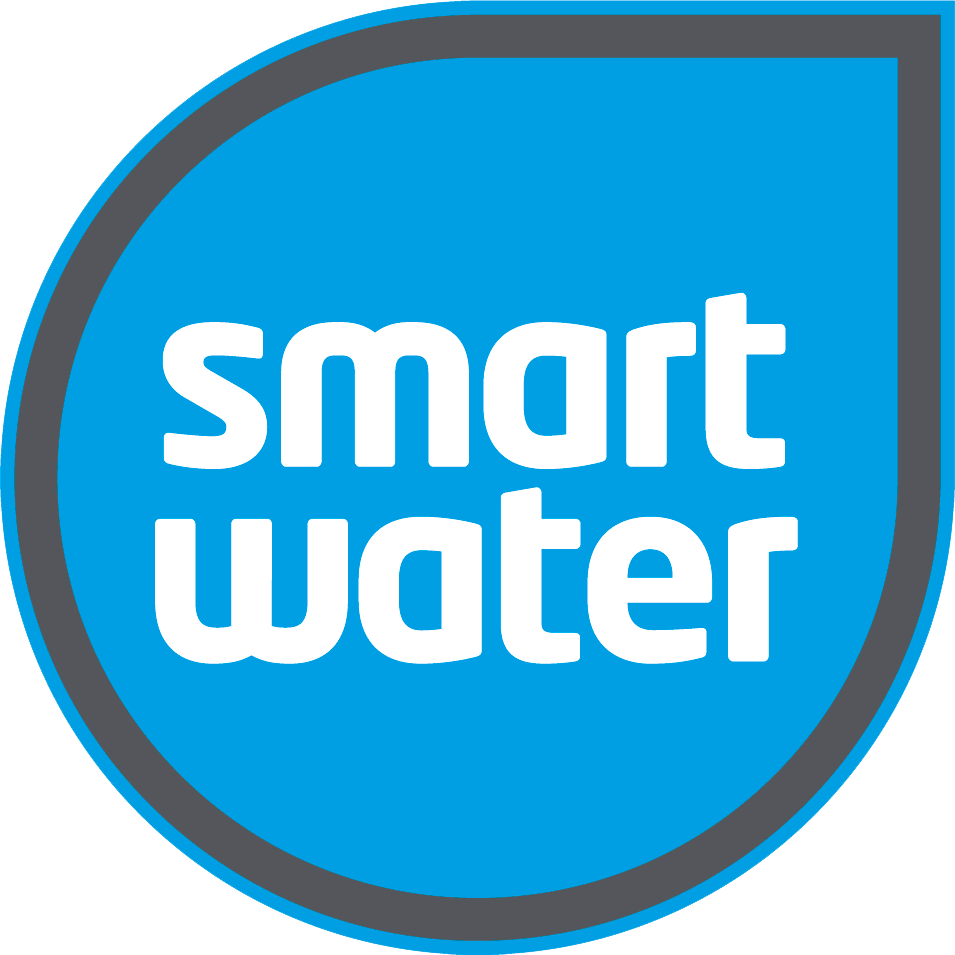 Shopping Cart
Shopping Cart
29 March 2024
8 Ways Rainwater Harvesting Can Benefit American Farmers, Homeowners, and Property Owners

Rainwater harvesting reduces water costs, provides sustainable irrigation, boosts crop yields, ensures water supply security, and supports environmental conservation for American farmers and property owners.
In a world where water scarcity is becoming an increasingly pressing issue, rainwater harvesting emerges as a beacon of sustainability and efficiency. This practice isn't new; it's been part of human civilization for centuries, yet its adoption in modern America can play a pivotal role in addressing the contemporary challenges faced by farmers, homeowners, and property managers alike.
In this post, we dive into eight significant benefits of rainwater harvesting that extend beyond mere water conservation, offering tangible advantages for various stakeholders in the agricultural community, sustainable living enthusiasts, and eco-conscious individuals.
1. Reduced Water Costs
One of the most significant benefits of rainwater harvesting is its potential to reduce water costs for farmers, homeowners, and commercial/residential properties. By collecting and storing rainwater, these stakeholders can offset their reliance on municipal or privately owned water sources, resulting in lower utility bills.
Additionally, rainwater harvesting systems typically have low maintenance requirements, making them a cost-effective long-term
Imagine cutting down your water bill significantly every month. Rainwater harvesting allows you to do just that. By collecting and using rainwater for various non-potable needs, farmers and property owners can relieve their reliance on municipal water supplies, leading to substantial financial savings over time.
2. Sustainable Irrigation
For farmers, rainwater harvested from roofs or catchment areas can be a godsend. Using stored rainwater to irrigate crops is a sustainable practice that ensures plants get the life-giving resource they need, even during periods when water might be less available due to regional restrictions or drought conditions.
Moreover, the use of harvested rainwater for irrigation purposes has the added benefit of being comparatively softer than municipal water as it is devoid of treatment chemicals. This can lead to healthier plant growth and reduced soil degradation over time. By using naturally sourced water, farmers and gardeners can nurture their crops in a more organic and environmentally friendly manner, promoting sustainability not only in water consumption but also in agricultural practices.
Additionally, since harvested rainwater can be used on demand, it allows for optimal watering schedules aligned with the best times for plant absorption and growth.
3. Improved Crop Yield
Consistency and reliability in watering are key to a successful harvest. Rainwater harvesting provides a dependable water source that can lead to improved crop yields. This water usually has lower levels of salinity and harmful minerals, which helps in maintaining soil quality and plant health.
Furthermore, the gentle quality of rainwater is ideal for delicate plants that require consistent moisture without the harshness of treated water, which often contains fluoride and chlorine. These elements can accumulate in the soil and affect the micro-ecosystem which is essential for plant nutrition and soil fertility.
Utilising rainwater also decreases the need for supplemental fertilisers, as rain is naturally distilled through evaporation and is free from many of the dissolved solids found in groundwater or municipal sources. It's a prime example of how simple shifts in water sourcing can trigger a cascade of environmental benefits, leading to a reduction in the ecological footprint of farming.
4. Stormwater Management
One of the lesser-discussed yet crucial benefits of rainwater harvesting is its role in stormwater management. Collecting rainwater reduces the volume of runoff during heavy rainfall, which can help mitigate flooding and soil erosion—significant concerns for both urban and rural areas.
Beyond merely mitigating flooding, effective stormwater management through rainwater harvesting also has the added benefit of reducing the burden on municipal drainage systems. By capturing rainwater where it falls, there is less pressure on public sewers and stormwater infrastructure, which are often pushed to capacity during peak downpour events. This decentralised approach to water management can contribute to a significant reduction in urban flooding incidents, translating into substantial cost savings in terms of infrastructure maintenance and repair for local governments.
Additionally, it promotes the replenishment of local aquifers and reduces the occurrence of runoff contamination as stormwater is less likely to pick up pollutants when its flow is successfully curbed at the source.
5. Water Supply Security
In a changing climate, droughts are becoming more frequent and severe. Rainwater harvesting acts as an insurance policy, providing an additional water source when restrictions are in place or in times of drought. This security is vital for homeowners and farmers who depend on regular water supply for their daily needs and livelihood.
Rainwater harvesting systems can also be integrated with traditional water supply systems to create a more resilient and adaptive water management framework. In periods of scarcity, these systems provide a supplementary water source that can drastically reduce dependency on conventional water supplies. For farmers, this can mean the difference between a successful harvest and crop failure. In urban settings, households can use harvested rainwater for non-potable uses such as toilet flushing, garden watering, and car washing, which can lead to a significant decrease in municipal water demand.
Moreover, the use of such systems encourages individual responsibility and awareness about water conservation. As communities become more engaged in the management of their own water resources, there is a collective shift towards sustainable practices and a greater appreciation of the importance of water as a precious resource.
6. Environmental Benefits
When we harvest rainwater, we're contributing to the alleviation of pressure on our local water bodies and municipal systems. This reduction in demand helps to maintain ecological balance and the health of aquatic ecosystems, which is essential for wildlife and biodiversity.
Furthermore, rainwater collection mitigates the effects of runoff from urban landscapes, which often carries pollutants into streams, rivers, and lakes. Reducing this runoff not only lessens water contamination but also prevents the erosion of riverbanks and the disturbance of aquatic habitats.
By promoting the infiltration of rainwater into the ground, these systems can replenish local aquifers and contribute to the sustainable management of groundwater resources. This, in turn, fosters a more harmonious relationship between urban development and the natural water cycle, benefiting the environment as well as future generations.
7. Energy Savings
Water pumping systems are often energy-intensive. By utilising gravity-fed rainwater harvesting systems, there's a reduction in energy consumption. This not only cuts down on electricity costs but also reduces the carbon footprint associated with water supply.
Apart from lessening the environmental impact, the energy savings achieved through rainwater harvesting are significant. By bypassing the need for water treatment facilities to process every gallon of potable water, rainwater systems curtail the energy expended in filtration, pumping, and chemical treatment. This efficiency translates to a lower demand on the power grid and a corresponding decrease in greenhouse gas emissions from power plants. Homeowners and business operators who implement these systems not only reduce their operating costs but also contribute to a broader sustainable agenda that champions energy conservation and the shift towards renewable energy sources.
8. Increased Property Value
Properties equipped with rainwater harvesting systems are attractive to prospective buyers and tenants who value sustainability. This green infrastructure can enhance property value, making it a smart investment in an increasingly environmentally conscious market.
In addition to direct financial benefits, properties with rainwater harvesting systems gain a competitive edge in the real estate market. Such systems serve as tangible proof of a property's commitment to environmental stewardship, which can be a powerful selling point. Moreover, as consumers become more eco-aware, properties with green technologies like rainwater harvesting are likely to be in higher demand, making them quicker to sell or rent. It's a forward-thinking approach that not only has immediate advantages but also positions a property as a future-proof investment in an era increasingly focused on sustainable living.
How Smart Water is Helping Farmers and Property Owners to Maximise Their Water Harvesting Systems
Smart Water technology is revolutionising the way in which water harvesting systems are monitored and managed. With the use of advanced water tank level indicators, farmers and property owners can now gain real-time insights into their water reserves, enabling them to make informed decisions about water usage. These indicators, accessible via intuitive smartphone apps, send alerts and provide detailed data on water levels, usage patterns, and replenishment rates. This level of monitoring results in not only optimal utilisation of collected rainwater but also proactive management of resources during critical periods of shortage or drought.
By leveraging Smart Water's cutting-edge technology, individuals have the tools necessary to achieve a more sustainable and efficient approach to water conservation.
Conclusion
Rainwater harvesting is more than a drop in the bucket when it comes to sustainable living; it's a reservoir of benefits. From financial savings and sustainable agriculture to environmental conservation and improved property stakes, the advantages are as plentiful as the very rain from the sky.
In embracing this ancient yet progressive practice, stakeholders across American society can contribute to a future where water—our most precious resource—is respected, conserved, and shared by all. Join the movement towards a more sustainable tomorrow by exploring and investing in rainwater harvesting systems. Your pocket, your produce, and the planet will thank you for it.
Frequently Asked Questions
Is harvested rainwater safe for irrigating crops and plants?
Yes. Rainwater is naturally soft and free from chemicals like chlorine and fluoride found in treated water. This makes it gentler on plants and soil, leading to healthier crops, improved soil structure, and potentially higher yields.
Can rainwater harvesting help during droughts or water restrictions?
Absolutely. Rainwater harvesting provides an alternative water source during periods of drought or municipal restrictions. It acts as a water security measure, ensuring access to water when conventional supplies are limited or unavailable.
Does installing a rainwater harvesting system increase property value?
Yes. Properties with rainwater harvesting systems are increasingly attractive to eco-conscious buyers and tenants. These systems demonstrate sustainability and long-term savings, making them a smart investment that can enhance a property’s market value.
